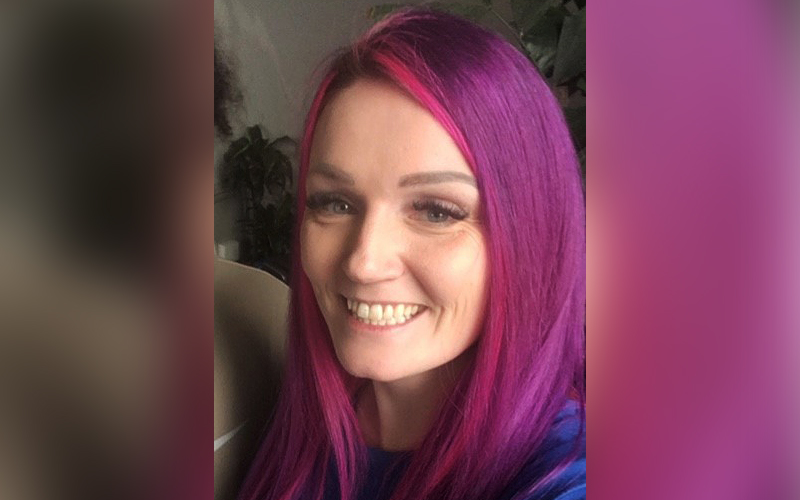
As adults, we need to be conscious of the worries and concerns they are having, spot them early and work hard to address them.
Ali Curtis, our National CAMHS Nurse Lead, has helpfully answered some questions about what signs to watch out for in young people and how we can best support their mental health.
1. What mental health issues/conditions should parents be particularly aware of in young children and teens?
The signs that a young child or teenager may be struggling with their mental health include low mood, anxiety, eating difficulties/disorders, difficulties with body image and suffering from bullying.
2. What are the key signs your child is dealing with one of these conditions?
If your child becomes withdrawn and/or becomes socially isolated, their behaviour suddenly changes, they become less interested in their personal hygiene or they seem less interested in activities they previously had an interest in, these are all signs your child could be struggling with their mental health. Voicing concerns about their weight, or being secretive with how much their eating could also be signs of eating difficulties.
3. How should you broach the topic of mental health with your child and get them to open up to you?
Discussing poor mental health needs to be as normal as discussing physical health concerns, however for most people it is still a difficult subject to broach. Take a genuine interest in your child’s day, listen and be non-judgemental with any disclosures, even if they are really difficult to hear. Young People need a safe space to share worries, concerns and fears without fear of being judged or getting in trouble.
Some parents we work with have used soap story lines or news headlines to start a difficult conversation, or programmes on TV such as ‘This is us’, ‘Normal People’ or documentaries like ‘Jesy Nelson – Odd One Out’ or ‘Nadiya: Anxiety and Me’. Watching these shows together or discussing them together can sometimes be a good ice breaker. It’s really important for parents to be open and honest and discuss what you’re worried or concerned about. Where possible, give your child choices about how to move forwards in accessing help, and when. Allowing your child to take some control in the process can be very empowering.
4. Where/how should you seek professional help for them?
There are some fantastic helplines and websites for informal support – I’m a big advocate for Young Minds and recommend this to parents and carers. Young People can also access informal support through Young Minds online and this could be a preferred option instead of calling helplines. Especially since the COVID19 pandemic, it appears young people are more engaged online than ever before and seeking help and support in this way may be preferred to using helplines or in-person. The first step for formal support is to see the GP. From here different referrals for mental health professional input can be made, depending on your child’s difficulty. If you have concern for your child’s immediate safety, please take them to a&e.
5. What are the key signs your child might be being bullied?
Signs can include your child avoiding social settings they previously enjoyed such as school, clubs and activities by making up excuses or faking illnesses. They may become secretive with their phone / laptop / social media, changes in eating habits, sleeping difficulties or becoming withdrawn / increased anxiety.
6. When should you speak to the school/your child’s teacher about any issues your child might be having?
If you are worried your child is being bullied, ask for a meeting with the teacher – you will be able to share your worries and concerns, discuss any changes in behaviour you have observed and the teacher may have more information around current peer dynamics. From here, relationships between your child and their peers can be more closely observed and escalated if appropriate. Most schools have a pastoral team who will be able to be vigilant for bullying behaviours and provide both emotional and practice advice and support.